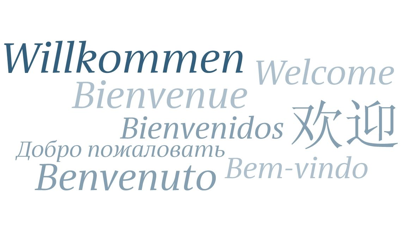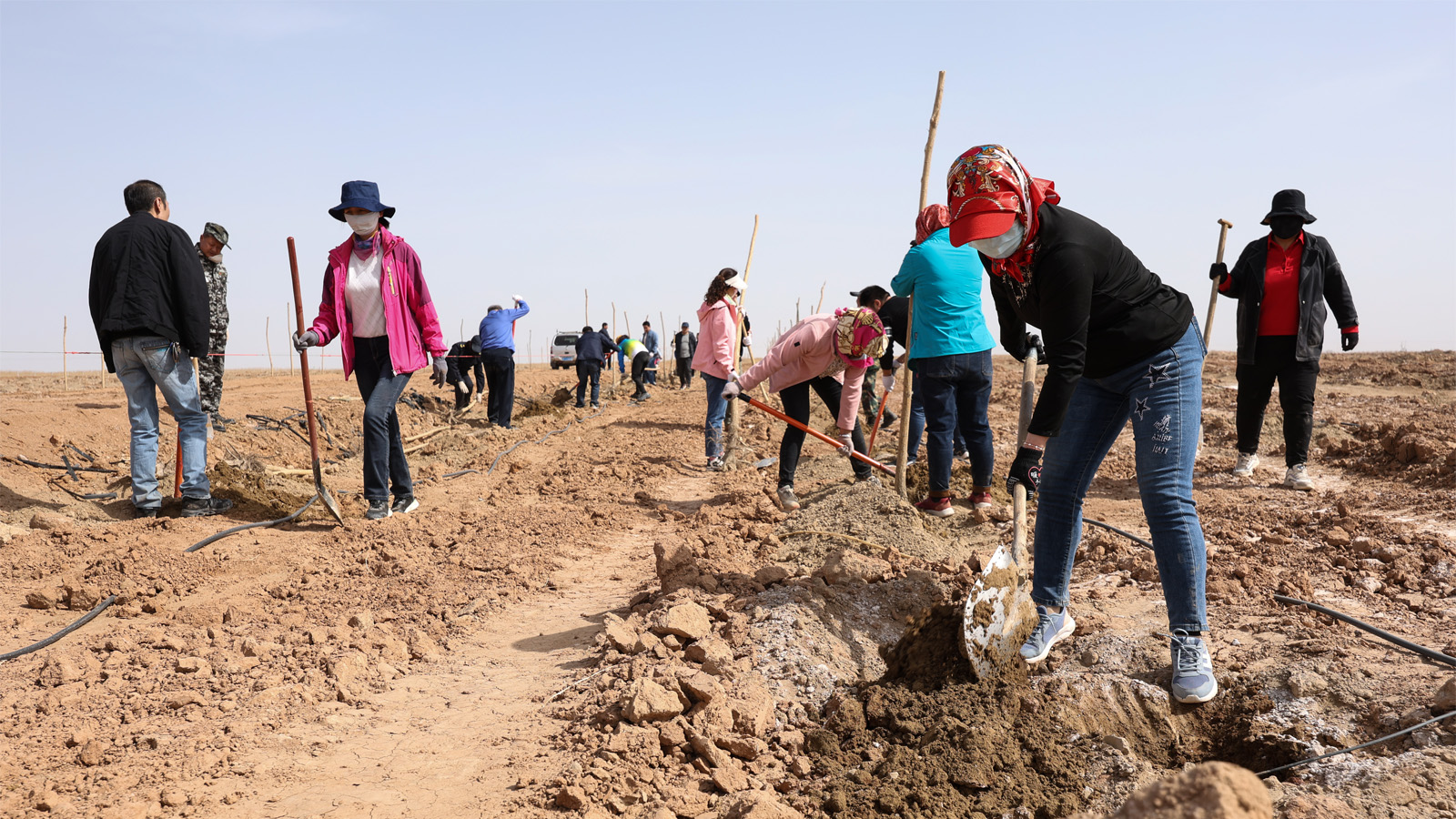


+
Afforestation not only contributes to carbon sink, but also helps prevent wind erosion and soil loss, enriches biodiversity, and improves the local ecological environment. In 2021, Volkswagen Group China, together with Volkswagen Brand, Audi and ŠKODA, kicked off its Green Belt afforestation project, in order to promote the sustainable development of the ecological environment in China.
From 2021 to 2030, the project aims to plant 8.5 million trees in 10 ecologically fragile areas across northern and northwestern China to guard against soil erosion, desertification, sandstorms and declines in biodiversity. The afforested area will cover more than 40 million square meters, equal to roughly twice the size of Volkswagen Group’s industrial footprint in China. It has planted 2.55 million trees in Gulang and Jinta Counties of Gansu Province and Huzhu County in Qinghai Province since the project launched in 2021. As a result, 12 million square meters have been planted with trees.

In 2023, the project has planted 850,000 suitable plants, a total area of 4 million square meters in Jiuquan of Gansu Province, to support local ecological restoration.

In 2022, the project reached Tu Autonomous County of Huzhu, Qinghai Province. Around 850,000 locally suitable trees have been planted in Tangchuan town, transforming a barren and mountainous area covering four million square meters. The project has improved the county’s ecological environment and contributed to the sustainable development of its economy and society, with over 40,000 residents set to benefit. In addition, the project also donated professional patrol equipment to forest rangers, and provided them with targeted training in forest management, to support local forestry construction and rural revitalization.

In 2021, the project was officially launched in Gulang County, Wuwei City, Gansu Province. By planting 850,000 plants well-suited to the local environment, an ecological barrier spanning around 26 kilometers along the Ganwu railway line was created. It serves as a buffer zone at the southern edge of the Tengger Desert that prevents the spread of desertification to the immigration area and protects the local ecology. The project has also created jobs for local residents in afforestation and forestry management, improving their lives and contributing to local development.
+
Volkswagen Group China takes an active part in the development of community-friendly green spaces in Beijing. Together with the Beijing Afforestation Foundation, the Group initiated the V-GARDEN project. The project aims to protect ecosystem stability and biodiversity and provide opportunities for residents nearby to connect with and experience nature through enhancing the quality of community greenery.
Located to the east of the Beijing-Chengde Expressway, V-Garden covers an area of nearly 15,000 square meters and serves as a public green space. The project has upgraded and renovated the garden entrance, flower borders, walking trails, resting areas, observation deck, children’s play areas and more. It utilizes the existing vegetation and has been further improved by using a combination of local Beijing plant species to create a green area. V-Garden features approximately 350 trees, 3,450 shrubs and 2,500 square meters of flower-covered areas. It is capable of absorbing roughly 330 tons of carbon dioxide annually. The diversity of the plants not only increases the ecological resilience of the green space but also provides abundant food sources, nectar sources, habitats and shelter for birds, insects and other animals.

